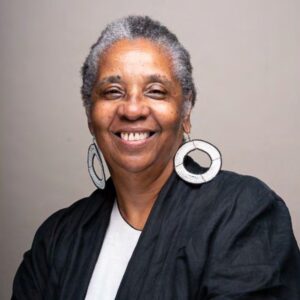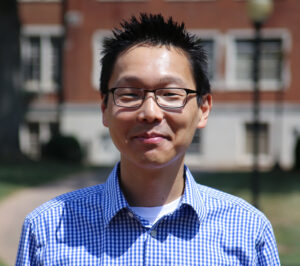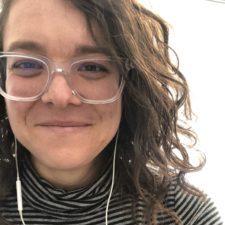Social Justice and Civic Engagement
Welcome to the Wabash Center's blog series:
Teaching for Social Justice and Civic Engagement
- What methods and strategies are effective for teaching against Islamophobia?
- How does one engage difficult questions about social justice in contemporary classrooms?
- What have I learned about student learning as it relates to the topic?
- What are important considerations when designing courses and teaching in relation to questions of social justice and civic engagement?
- How are faculty able to engage in questions of student formation as they intersect social justice and civic engagement?
- What fosters or impedes student learning for social justice and civic engagement?
- What discoveries have you made as a teacher about the issues you routinely face in teaching for social justice and civic engagement?
Instructions for blog writers and vlog makers:
- https://www.wabashcenter.wabash.edu/resources/blog/instructions-for-blog-writers/
The instructions are focused on written blogs, yet the same principles apply to vlog creation as well. - Honorarium: Writers will be provided with a $100 honorarium for each blog or vlog post that is published on the Wabash Center website.
Sign-up to receive email alerts when new blogs are posted
Follow us on Twitter and Facebook to receive announcements of new postings.
Sign up for our eNewsletter to receive timely announcements of Wabash Center programs.
Recent Posts
Select an item by clicking its checkbox
Part Four: Ritual is a Form of Activism Engaging ritual as an individual or as a collective act of embodiment challenges ideas about the source and nature of our intelligence and for some it challenges ideas about how we arrive at knowing. As a form of activism, ritual invites us ...
In 1850, Harriet Beecher Stowe began writing a story about slavery. Stowe’s father, Lyman Beecher, was a pastor of Presbyterian and Congregational congregations in New York and Connecticut before moving with his family to Cincinnati, Ohio, to serve as president of Lane Seminary, a Presbyterian institution, in 1832. As a young ...
I was on educational leave in the fall and working, primarily, on a religion and disability textbook. Of the many things I learned (one of which was how very little it turns out I know about religion, the subject for which I have my doctorate; this was humbling!), the fact ...
I am an activist educator. What this means is that I strive for justice both in and outside the classroom. I utilize critical or liberatory pedagogies as my theoretical bases. As Brazilian educator Paulo Freire said, liberatory pedagogy involves linking the word with the world. In my thirty-three years of ...
At the heart of Paulo Freire’s critical pedagogy is the dictum of “reading the word and reading the world.” As a literacy specialist who worked with Brazilian peasants, Freire learned from these students the necessity of making the connection with their lived experience. Teaching for social change takes participants ...



